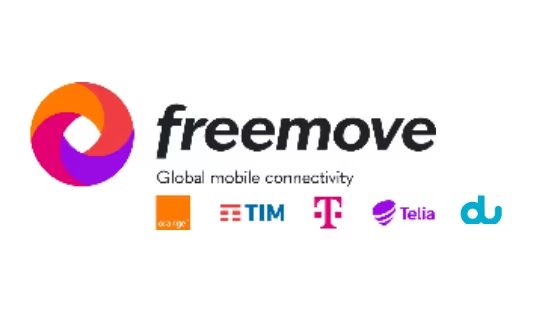
ICT Adoption in Travel and Hospitality
In the rapidly transforming landscape of global travel and hospitality, the adoption of Information and Communication Technology (ICT) is no longer a luxury—it has become a strategic necessity. As travelers increasingly demand seamless, personalized, and efficient services, industry players are leaning heavily into digital transformation to remain competitive and sustainable.
Recent findings reported by GlobeNewswire (April 2025) highlight that ICT integration in travel and hospitality is poised to grow at a compound annual growth rate (CAGR) of 7.9% by 2030. This reflects not just a rebound from pandemic-era disruptions but a structural evolution driven by customer expectations, operational efficiencies, and emerging technologies like artificial intelligence, IoT, cloud computing, and blockchain. Understanding these dynamics is critical for businesses aiming to future-proof their operations in an industry where agility and innovation dictate success.
Market Dynamics Driving ICT Adoption
Several key factors are catalyzing the rapid expansion of ICT in the travel and hospitality sectors:
- Customer Experience Expectations: Modern travelers expect hyper-personalized service at every touchpoint, from booking platforms to in-room experiences. Technologies such as AI-driven chatbots, mobile apps, and smart hotel rooms are now standard in delivering personalized, frictionless journeys.
- Operational Efficiency Needs: Post-pandemic economic pressures have forced hotels, airlines, and tour operators to streamline operations. Cloud-based Property Management Systems (PMS), automated inventory tracking, and dynamic pricing tools help businesses reduce costs while enhancing service quality.
- Emerging Technologies and Innovation: IoT is revolutionizing asset management and customer interaction in hotels, while blockchain is improving transparency and security in payment systems and loyalty programs. Augmented reality (AR) and virtual reality (VR) are also being used to enhance marketing and pre-travel experiences.
- Security and Data Compliance: As digital channels proliferate, ensuring cybersecurity and compliance with data protection laws like GDPR becomes paramount. Investment in secure ICT infrastructures is becoming non-negotiable for sustaining customer trust and regulatory compliance.
- Sustainability Initiatives: ICT solutions are playing a growing role in supporting eco-friendly travel by optimizing resource usage and promoting paperless transactions, aligning with the global push towards sustainable tourism.
Regional Trends and Competitive Landscape
According to the report, North America currently leads the ICT adoption race, attributed to its robust infrastructure and early embrace of new technologies. However, Asia-Pacific is expected to register the fastest growth rate over the forecast period, fueled by expanding middle classes, rapid urbanization, and rising tech-savviness among travelers.
Key industry players such as Oracle Hospitality, Sabre Corporation, Amadeus IT Group, and Travelport are investing heavily in AI, machine learning, and mobile-first solutions to solidify their competitive edges.
Other market leaders include Salesforce, Adobe, Microsoft, AWS, Google Cloud, Zoho, IBM, SiteMinder, Cisco, SAP, Infosys, TCS, Revinate, Pegasus, Duetto, Freshworks, and ServiceNow.
Strategic mergers, partnerships, and continuous product innovation are shaping an intensely competitive and collaborative market environment.
Challenges to Overcome
Despite the strong growth trajectory, challenges persist. Integration of legacy systems with modern ICT platforms remains a hurdle for many traditional operators. Moreover, the rapid pace of technological change necessitates ongoing workforce reskilling and significant upfront capital investment. Vendors and service providers must ensure solutions are scalable, user-friendly, and adaptable to different business sizes and regional regulations.
Conclusion
The accelerated adoption of ICT in the travel and hospitality sectors is not merely a trend—it signals a fundamental realignment of business models to a technology-first paradigm. The projected 7.9% CAGR growth rate by 2030, as reported by GlobeNewswire and supported by broader industry research from McKinsey and Deloitte, underscores how deeply digital transformation is intertwined with future success in this industry.
The correlation between rising customer expectations, competitive pressures, and technological innovation is undeniable. Companies that fail to invest strategically in ICT risk obsolescence, while those that do will unlock new revenue streams, enhanced customer loyalty, and operational excellence. Reliable studies consistently show that digital leaders in the hospitality sector achieve higher profitability and market share gains compared to their less digitally mature peers.
Therefore, stakeholders must view ICT adoption not just as an operational upgrade but as a core strategic pillar that will define resilience and relevance in the next era of travel and hospitality.










